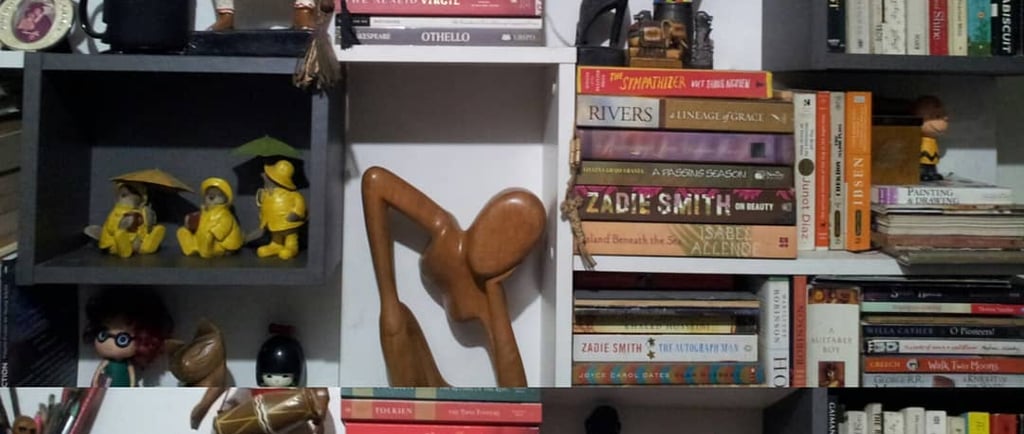How to Reuse Your Creative Writing Course Work
SULATINBABASAHIN


Your Creative Writing Course Work Is Not Dead. It’s Raw Material.
If you’ve taken a creative writing class—whether in college, an MFA program, or a workshop—you’ve probably submitted pieces that now sit in some digital folder or Google Drive graveyard. Maybe they carry the sting of a low grade or the red ink of a critical professor. But here’s the truth: your old course submissions are not disposable. They are material.
Whether it’s a short story, a flash memoir, or a chapter from a longer work-in-progress, every piece you submitted in class can be reshaped into something new. A personal essay can evolve into a published piece. A workshop story can find new life in a literary journal. Even a heavily critiqued poem can turn into a chapbook centerpiece after thoughtful revision.
Don't Let Grades Define the Value of Your Writing
It’s easy to feel discouraged by academic feedback. Creative writing courses often grade based on participation, risk-taking, and revision—not on whether a work is “publishable” yet. A B or even a C on a poem does not mean it lacks literary merit.
Remember: professors are often more focused on your growth than your perfection. A low grade might reflect how early in the process the piece was, not how far it can go. Many celebrated writers began with rough drafts and humble evaluations.
Your Thesis Could Be a Bestseller (Seriously)
Still not convinced your schoolwork can go somewhere real? Here are some books that started as academic theses or dissertations:
The Bell Jar by Sylvia Plath – Originally submitted as her undergraduate thesis at Smith College.
Everything I Never Told You by Celeste Ng – Developed during her MFA at the University of Michigan.
The Brief Wondrous Life of Oscar Wao by Junot Díaz – Parts of this Pulitzer Prize-winning novel were drafted during his time at Cornell.
The Hours by Michael Cunningham – Inspired by his academic engagement with Virginia Woolf’s work.
Night Sky with Exit Wounds by Ocean Vuong – Much of this groundbreaking poetry collection was written during his MFA studies.
These works didn’t arrive fully formed. They began as school projects, honed over time, rewritten, abandoned, revived—and eventually published. Let them remind you: your coursework can become your calling card.
How to Start Reusing Your Course Work
Revisit old folders. Pull up your past assignments and read them with fresh eyes.
Sort by potential. Which pieces still resonate? Which ones hold a strong voice or idea?
Revise, don’t recycle. Use feedback to strengthen your writing, but don’t be afraid to depart from your original draft.
Submit widely. Consider literary journals, anthologies, or even self-publishing platforms. That graded story might be your next published clip.
Think long-term. Your thesis could be the seed of a novel, memoir, or collection.
Writing Is Rewriting, Not Starting from Scratch
One of the most empowering lessons for any creative writing student is this: you don’t have to start fresh to write something new. The work you've already done—submitted, graded, and maybe even forgotten—is rich with potential. It deserves to be revisited, reworked, and possibly, released into the world.
Your writing journey didn’t begin with grades, and it certainly doesn’t end with them.
Looking for Books Born in the Classroom?
Check out our curated shelf at librokoto.shop featuring books that began as academic projects or grew out of the writing classroom. You'll find inspiration—and proof—that your coursework can lead to a published life.
